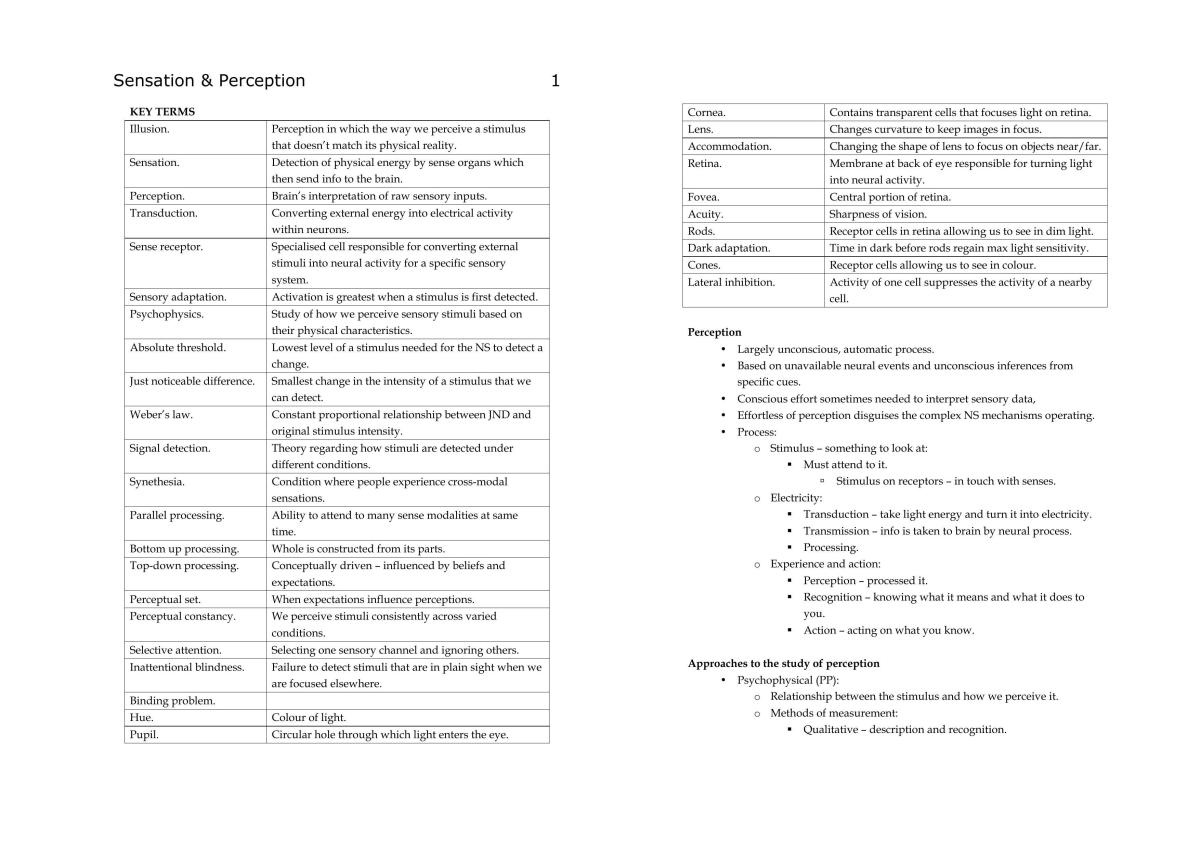Prepare yourself for psychology exam 1 chapters 1 3, an intellectual odyssey that will illuminate the fascinating world of psychology. From the cornerstone concepts of psychology to the intricate processes of sensation and perception, this exploration promises to unravel the mysteries of the human mind and behavior.
Throughout this journey, we will delve into the history, perspectives, and methodologies that have shaped psychology. We will dissect the intricate mechanisms of sensation and perception, unraveling the ways in which we experience and interpret the world around us. Brace yourself for an engaging adventure into the realm of psychology, where knowledge and curiosity intertwine to paint a vivid portrait of the human psyche.
Introduction

This exam covers the foundational concepts of psychology as Artikeld in chapters 1 and 3 of your textbook. It aims to assess your understanding of the basic principles, theories, and research methods used in the field.
Definition of Psychology
Psychology is the scientific study of behavior and mental processes. It seeks to understand the complex interactions between our thoughts, feelings, and actions, and how these are influenced by biological, social, and environmental factors.
Chapter 1: Foundations of Psychology
Psychology, the scientific study of the mind and behavior, delves into the intricate workings of our thoughts, emotions, and actions. It explores the diverse perspectives that shape our understanding of human nature and provides valuable insights into our mental processes and experiences.
History of Psychology
Psychology’s roots can be traced back to ancient Greek philosophers who pondered the nature of the mind. However, it wasn’t until the 19th century that psychology emerged as a formal scientific discipline. Wilhelm Wundt established the first psychology laboratory in 1879, marking the beginning of experimental psychology.
If you’re feeling overwhelmed by Psychology Exam 1 Chapters 1-3, take a break and try our New York Notary Practice Exam . It’s a fun way to test your knowledge and relieve some stress. Then, come back refreshed and ready to ace those psychology chapters!
Scientific Method in Psychology
Psychology heavily relies on the scientific method to investigate mental processes and behaviors. This method involves formulating hypotheses, conducting controlled experiments, collecting and analyzing data, and drawing conclusions based on the evidence. By systematically testing and verifying ideas, psychologists strive to establish reliable and objective knowledge about the human mind.
Chapter 3: Sensation and Perception: Psychology Exam 1 Chapters 1 3
Sensation and perception are two fundamental processes that allow us to interact with and understand our environment. Sensation is the process of detecting physical stimuli from the external world, while perception is the process of interpreting and organizing these sensations into meaningful experiences.
Sensory Modalities
There are five main sensory modalities, each of which is responsible for detecting a different type of physical stimulus:
- Vision: Detects light waves
- Hearing: Detects sound waves
- Smell: Detects chemical molecules
- Taste: Detects chemical molecules
- Touch: Detects pressure, temperature, and other physical stimuli
Major Theories of Perception
There are several major theories that attempt to explain how we perceive the world around us:
- Gestalt psychology: Emphasizes the importance of organization and grouping in perception
- Cognitive psychology: Emphasizes the role of cognition in perception
- Ecological psychology: Emphasizes the importance of the environment in perception
Applications of Psychology
Psychology is a diverse field with a wide range of applications. Psychologists work in various settings, including hospitals, schools, businesses, and research institutions. They use their knowledge of human behavior to help people with a variety of issues, such as mental illness, addiction, and relationship problems.
Fields of Psychology, Psychology exam 1 chapters 1 3
- Clinical psychologyfocuses on the diagnosis and treatment of mental illness. Clinical psychologists work with individuals and groups to help them overcome psychological problems.
- Counseling psychologyis similar to clinical psychology, but it focuses on helping people with everyday problems, such as relationship issues, grief, and stress.
- Educational psychologystudies how people learn and how to improve teaching methods. Educational psychologists work with teachers and students to create effective learning environments.
- Industrial-organizational psychologyapplies psychological principles to the workplace. Industrial-organizational psychologists help businesses improve employee productivity, satisfaction, and safety.
- Forensic psychologyapplies psychological principles to the criminal justice system. Forensic psychologists work with law enforcement, attorneys, and judges to help solve crimes and assess the mental state of defendants.
Ethical Considerations in Psychology
Psychologists must adhere to a strict code of ethics to ensure that their work is ethical and does not harm clients. Some of the most important ethical considerations in psychology include:
- Confidentiality:Psychologists must keep all information about their clients confidential.
- Competence:Psychologists must only provide services that they are qualified to provide.
- Informed consent:Psychologists must obtain informed consent from clients before providing any services.
- Beneficence:Psychologists must always act in the best interests of their clients.
- Justice:Psychologists must be fair and impartial in their work.
Role of Psychology in Everyday Life
Psychology plays an important role in our everyday lives. It can help us understand ourselves and others better, make better decisions, and cope with stress. Psychology can also help us improve our relationships, our work performance, and our overall well-being.
FAQ Explained
What is the main focus of psychology exam 1 chapters 1-3?
Psychology exam 1 chapters 1-3 lay the groundwork for understanding psychology, exploring its history, perspectives, and the scientific method, as well as delving into the processes of sensation and perception.
Why is it important to study sensation and perception in psychology?
Sensation and perception are crucial aspects of psychology as they provide the foundation for our understanding of how we experience and interpret the world around us, shaping our thoughts, feelings, and behaviors.